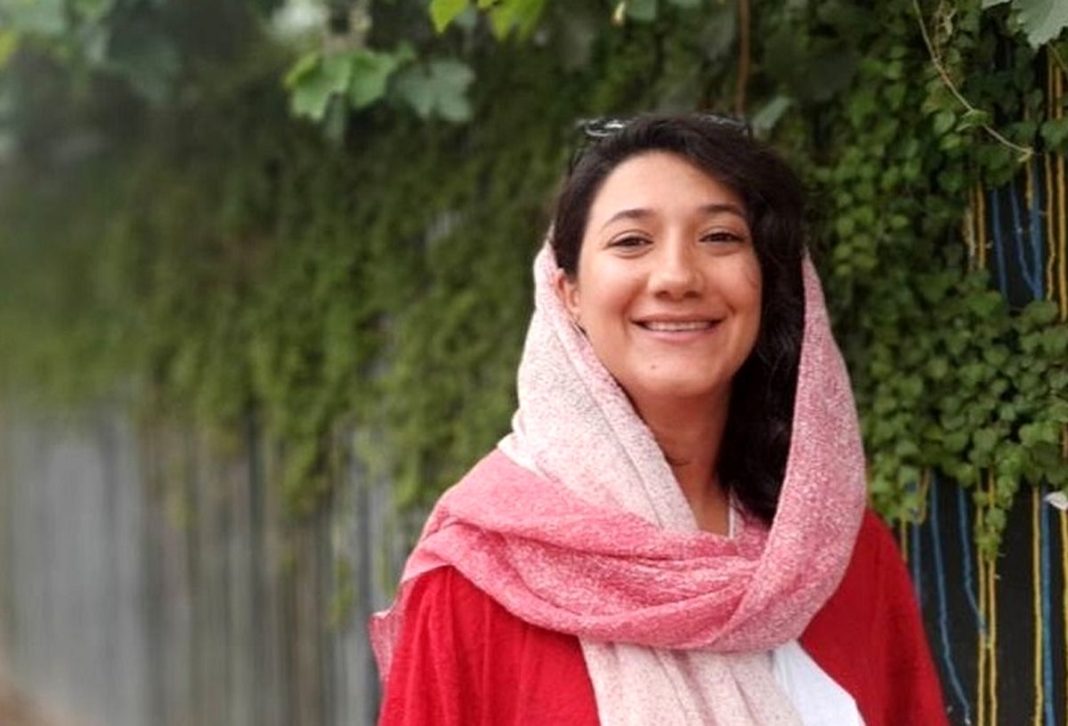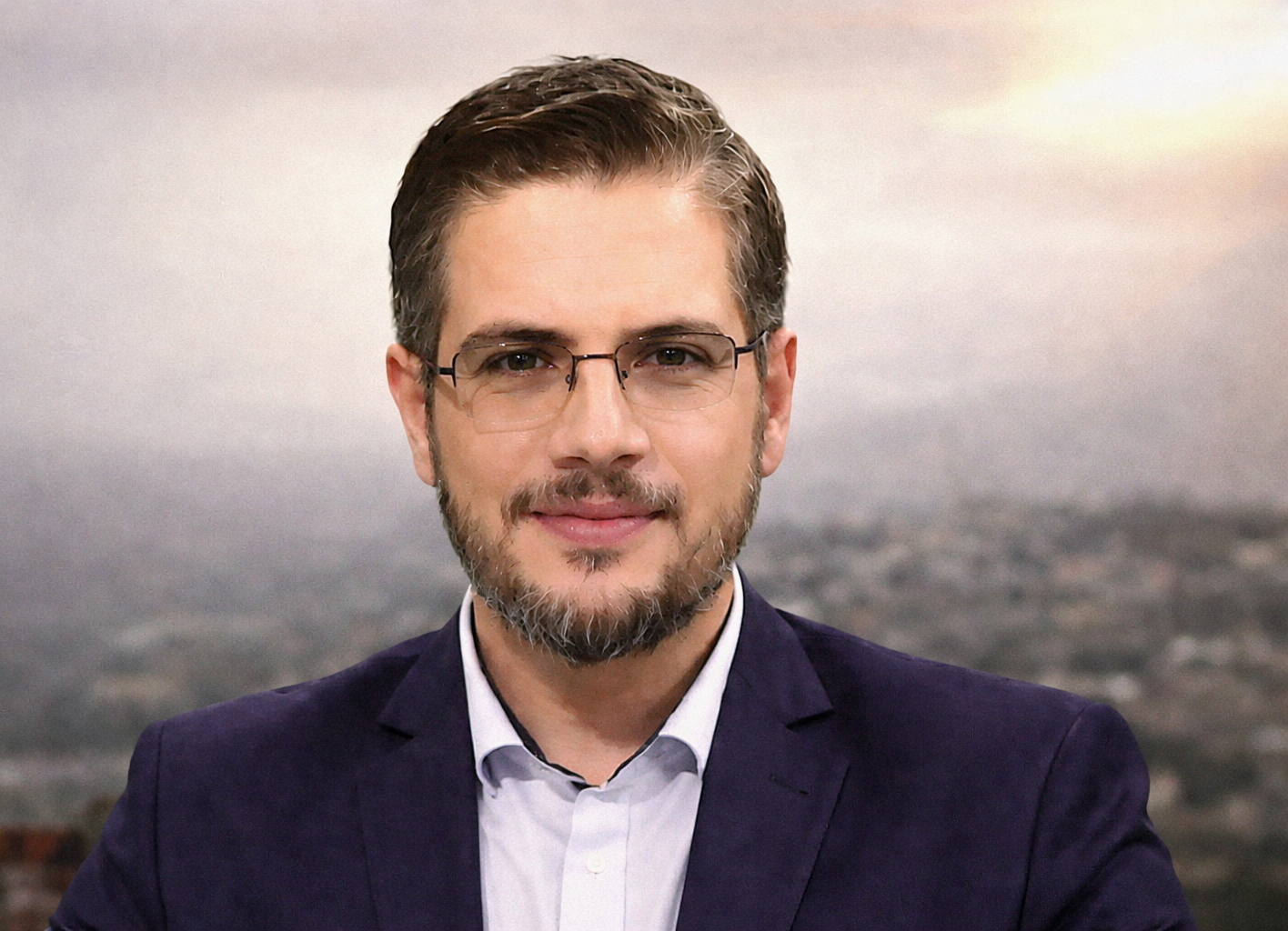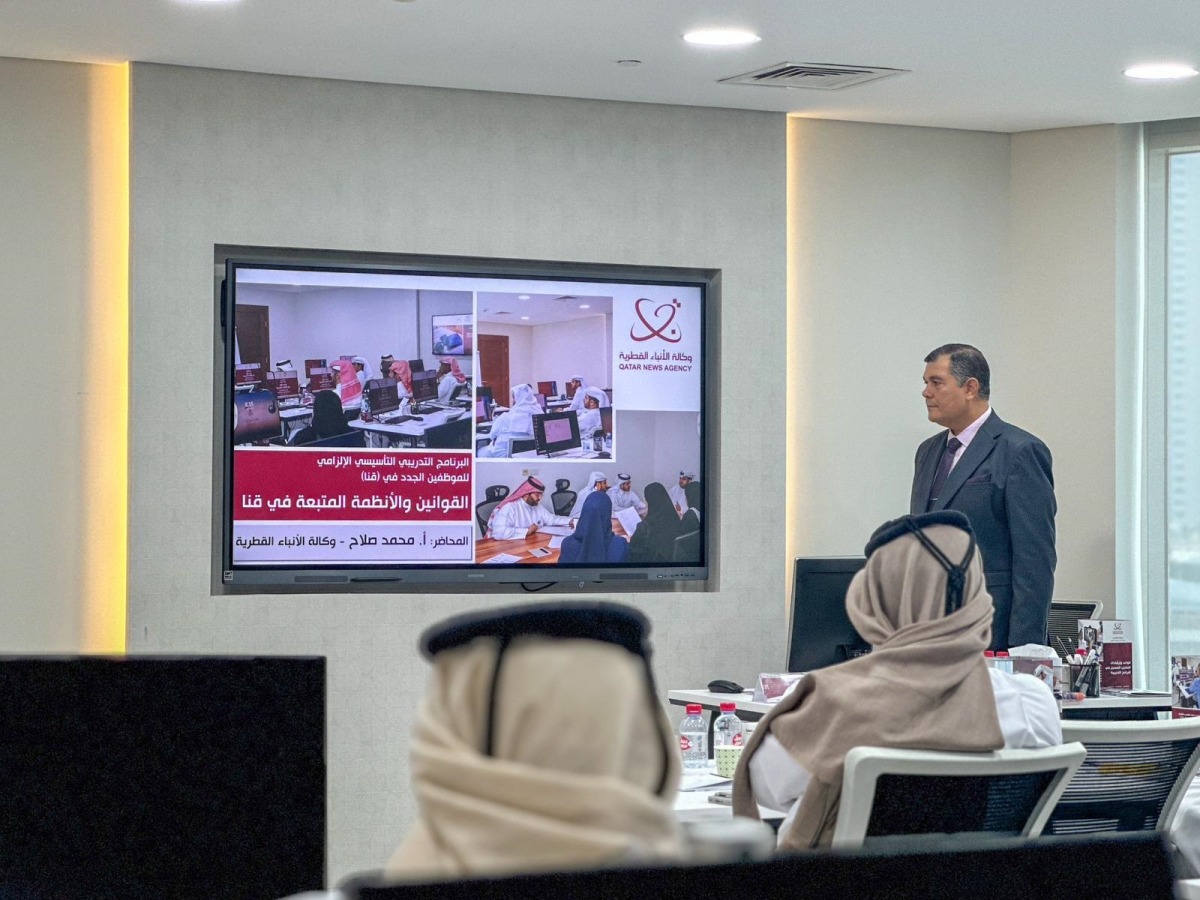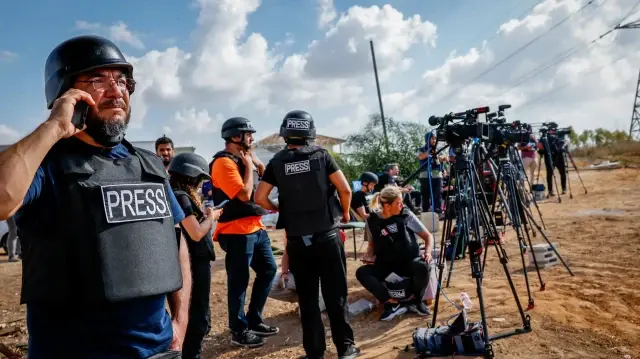https://ifpnews.com/lawyer-iranian-journalist-niloufar-hamedi-pardoned/
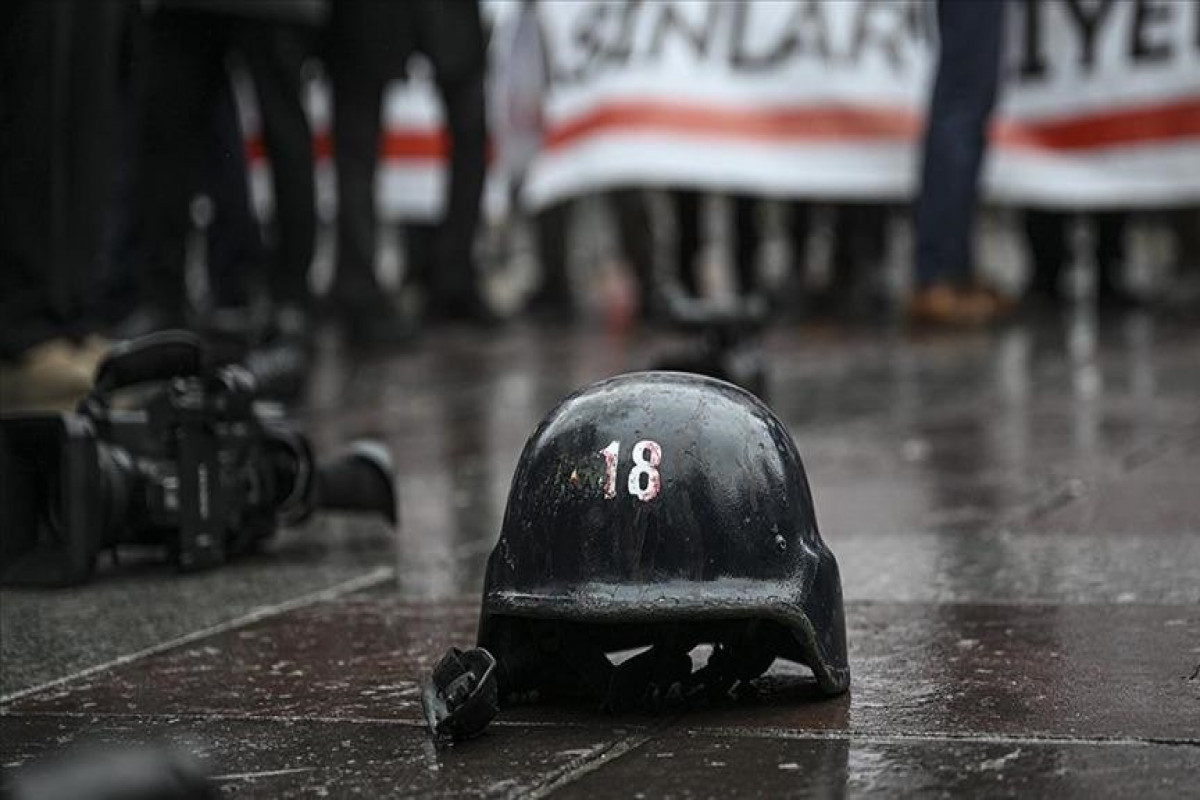
Israeli Forces Kill 7 Palestinian Journalists in Gaza Amid Escalating Attacks
February 10, 2025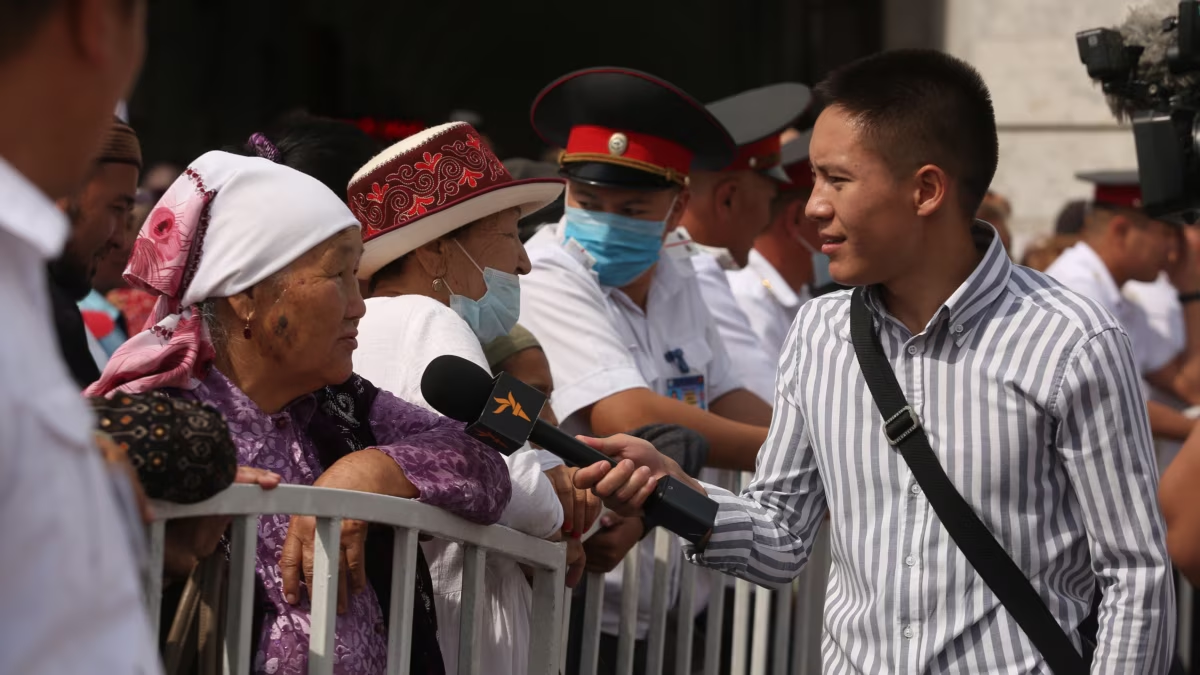
Kyrgyz President Supports Elon Musk’s Call to Shut Down U.S.-Funded Media Outlets
February 11, 2025February 11, 2025 – Iran –
Iran’s Supreme Leader, Ayatollah Ali Khamenei, granted pardons to journalists Niloofar Hamedi, Elaheh Mohammadi, and Rouhollah Nakhaei. This action coincided with the 46th anniversary of the 1979 Islamic Revolution.
Hamedi and Mohammadi had been arrested in September 2022 following their coverage of Mahsa Amini’s death in police custody—a tragic event that ignited nationwide protests. Hamedi, a photojournalist for Shargh Daily, reported on Amini’s hospitalization, while Mohammadi, a reporter for Ham-Mihan newspaper, covered her funeral. Their reporting played a pivotal role in bringing international attention to the incident.
In October 2023, both journalists were convicted by Iran’s Revolutionary Court. Hamedi received a 13-year sentence, and Mohammadi was sentenced to 12 years, on charges including “collaboration with the hostile government of the U.S.” and “propaganda against the system.” However, in January 2024, they were released on bail after 17 months in detention.
Subsequently, an appeals court acquitted them of the charge of collaborating with a hostile foreign government. The remaining charges were addressed through the Supreme Leader’s pardon, effectively closing their cases.
Rouhollah Nakhaei, another journalist, was also among those pardoned. The International Federation of Journalists (IFJ) welcomed the pardons but emphasized the ongoing challenges faced by journalists in Iran. The IFJ called for the release of all journalists detained in the country and urged Iranian authorities to uphold press freedom.
These pardons come amid broader concerns about press freedom in Iran. According to the Committee to Protect Journalists, Iran ranks among the worst jailers of journalists globally, with numerous media professionals detained for their work.
While the pardons mark a positive development, they also highlight the precarious nature of journalism in Iran and the need for systemic reforms to protect freedom of expression.
Reference –

